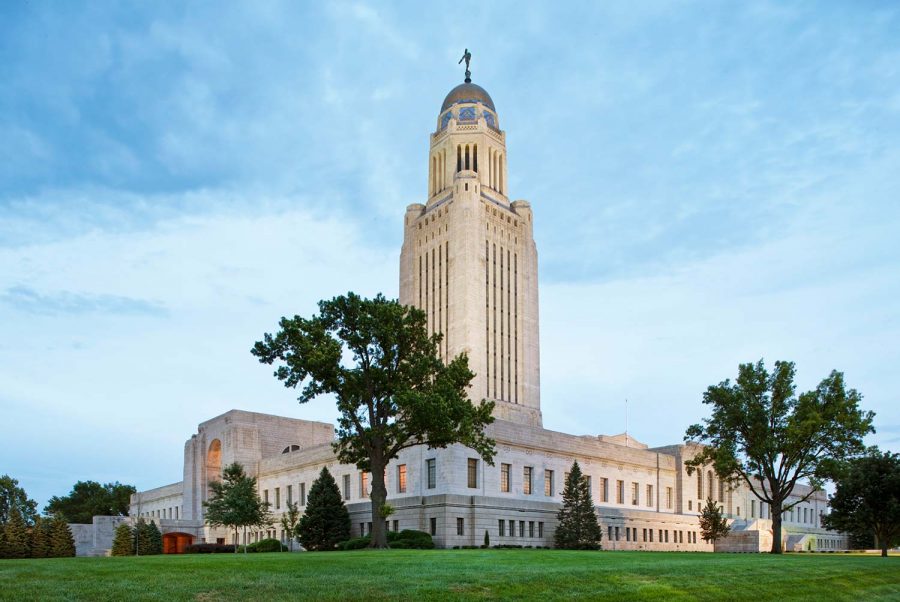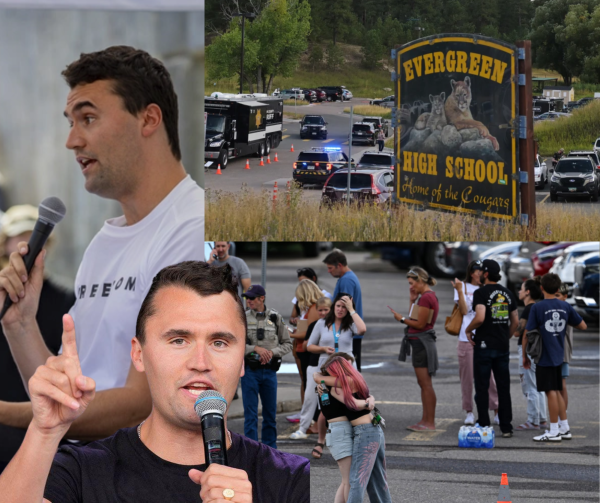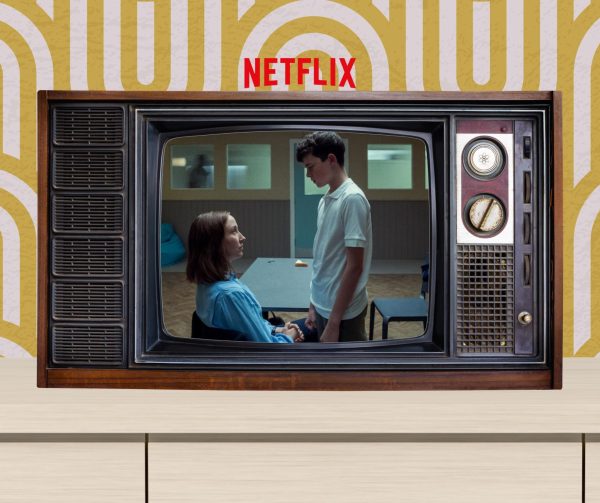King for a Day
My first policy I would like to enact would be give all power back to the states, and I would here cross apply my argument above about the abuses that exist in the creation of the United States. All my policies would be ratified at the state level, or more specifically here in the Nebraska Unicameral, a bastion of revolutionary thought. Nebraska has always been an epicenter of progress and reform, no matter the tongue of your parents or the god of your prayers. We carry that legacy not as an insurmountable burden, that can never be upheld, but instead as a badge of honor, which we can, should, must, and will uphold as the core tenet of our shared experiences, not only as Nebraskans, but as Americans.
It is in this spirit that we look across the horizon, to problems that old diagnoses and solutions can no longer remedy. It is in this spirit that we look towards bipartisan cooperation to begin seriously debating and discussing policies to transform our democracy into government by the people, for the people. It is in this spirit we build lasting coalitions to pave the way into the expansion of Medicare and Medicaid to affirm that your ability to pay will no longer affect your ability to get the care you need. It is in this spirit we move from building “housing” to building homes. We are presented with a unique opportunity to change the lives of our constituents. So seldom do the constellations align, bringing forth the slow yet permanent cogs of change. Today they turn. They turn towards building a democracy that works for all Nebraskans. They turn towards healing those who ail, regardless of their ability to pay. They turn towards building communities based on people, not slide-scale subsidies. They once turned toward unicameral governance. Nebraska is a state not of the past or even the present. We are working for a future our children’s child can be proud of. This is not a distant hope or dream. This is the good life.
In state legislatures across the country, model legislation is being passed on an unprecedented scale. Last year alone 2000 model bills were signed into law. Now there is nothing especially wrong with state legislators being inspired by the policies of other states. But that is not the situation with these 2000. Most were sponsored by industry groups without so much as a nod to the fact that they were, in effect, “superlobbyists.” One particularly egregious example of model legislation run awry of most principles of honesty and certainly public support, was the Asbestos Transparency Act. State senators, stretched too thin, failed to read the bill, which made it harder for victims to recoup medical costs for asbestos related afflictions. The true danger of interest groups on state legislatures is in the institution of kakistocracy by way of public apathy hopelessly intertwined with a brand of nihilism reserved only for state government. In Nebraska, being a state senator is a low-paying part time job, that meets on a staggered schedule. This creates a natural tendency towards upheaval. The intent as I’ve seen it presented is that it allows for people to best connect to their communities. But this is not the effect. Instead upheaval has invoked apathy, and a lack of robust competition has led to legislators becoming less accountable to their respective communities, not more. Being a state legislator must be a full-time endeavor. Legislators must have a large staff, no term limits, but frequent and competitive elections, and a six-figure salary. Upheaval has failed. In somewhere so important as the laboratories of democracy, we must be willing to invest in our statehouses.
As soon as October 2020, 94,000 low-income Nebraskans will be able to use Medicaid. Voters reinforced the self-evident truth that a society is not measured in its treatment of the most fortunate among them, but rather in its treatment of the least fortunate. In a time when modern medicine evolves every day toward a world with no illness, we struggle to provide the most basic services to those who were born with less. Nebraska is taking great strides towards the sciences of the future, with trailblazing facilities like UNMC. But now we must also recognize who gets left behind in our hubris to out-cure the heavens. We must first begin to think about how to spread the miracles of our technologies to people from all walks of life. Incarcerated people receive free healthcare, quality notwithstanding, we have recognized that there is a core right to healthcare. I can think of no reason that law abiding citizens should not be afforded the same luxuries enjoyed by people who have been incarcerated.
Oftentimes coastal cities are credited with innovation in housing policy, yet almost everywhere faces similar issues. As a state senator, I would entertain the idea of expanding mixed income housing, and also using that as an opportunity to improve schools. In Omaha we have a vibrant mixed income housing cooperative, called 75North, which has been incredibly effective in raising average household income, lowering crime rates, and improving education outcomes. It would seem that our housing policy lacks basic consideration for the communities it impacts. We either gentrify low income communities, especially communities of color, or we build more low-income housing projects. Gentrification simply displaces the community, and housing projects simply concentrates and perpetuates poverty. Mixed-income housing is a bold new plan that we should expand across the state in rural and urban communities alike.

Hello! My name is Joey Schafer. I am a columnist, reporter, and law blogger, and I am also Content Manager. This is my third year on the Storm Alert Staff!
Follow...











